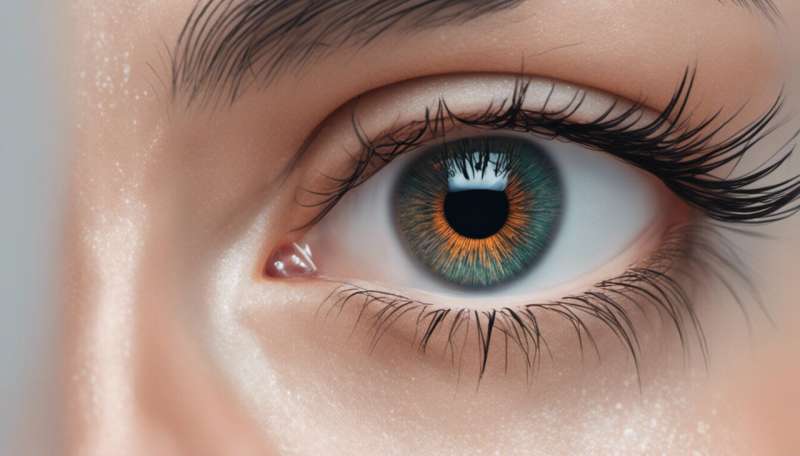Credit: AI-generated image (disclaimer)
Trying to score a pay rise? A UWA study has found having attractive, trustworthy or dominant facial traits can increase a person's pay in retail workplaces.
The experiment had 1200 people head to faceresearch.org to rate the facial cues of hypothetical staff, while another 1432 people rated how much they would pay them.
Attractiveness, dominance and trustworthiness were rated from one (less) to seven (more), with the participants rating each face based on their own personal assumptions.
Seemingly superficial perceptions of others can impact pay at different managerial levels—from shop floor managers (retail managers) to senior managers (heads of retail operations), UWA researcher Laura Fruhen says.
They were keen to see how the traits— facial attractiveness, trustworthiness and dominance—impacted on individuals' willingness to pay others and how these links differed at organisational levels.
So what do the findings suggest for those Myer, Target and David Jones staff, looking to get better bonuses on the sales floor, or seeking to move up the ranks and into the office?
"Based on our results, we calculated that over the course of a 40-year career, an income advantage between $10,908.52 to $26,144.72 may be achieved just based on having particular facial features," she says.
According to the study, shop floor employees were found to benefit the most if they were attractive, while looking trustworthy was more favourable for senior management.
"Attractiveness has in general been found to be less relevant for leadership judgements than dominance and trustworthiness," Dr Fruhen says.
"However, it has been identified as influencing success in a sales job.
Senior positions more reliant on team trust
"Tasks at senior positions have been described as requiring especially high levels of trust in teams, as they involve more uncertainty and complexity and decisions may not always be reached through consensus of all team members.
"This may explain why facial trustworthiness was especially rewarded in senior positions."
In the study women were paid more than men, which goes against the well-established gender-pay gap in which women traditionally earn less than men for doing the same work, Dr Fruhen says.
"In Australia, it has recently risen and is currently at 18.2 per cent according to the Australian Bureau of Statistics [data for Nov 2014 – May2015], so we had not expected to find that women would be paid more in our experiment," she says.
"One explanation for this finding is that our study indicates that the gender-pay-gap is unlikely to be the result of perceptions of facial features alone."
More information: Laura S. Fruhen et al. Perceptions of facial dominance, trustworthiness and attractiveness predict managerial pay awards in experimental tasks, The Leadership Quarterly (2015). DOI: 10.1016/j.leaqua.2015.07.001
Journal information: Leadership Quarterly
Provided by Science Network WA
This article first appeared on ScienceNetwork Western Australia a science news website based at Scitech.























